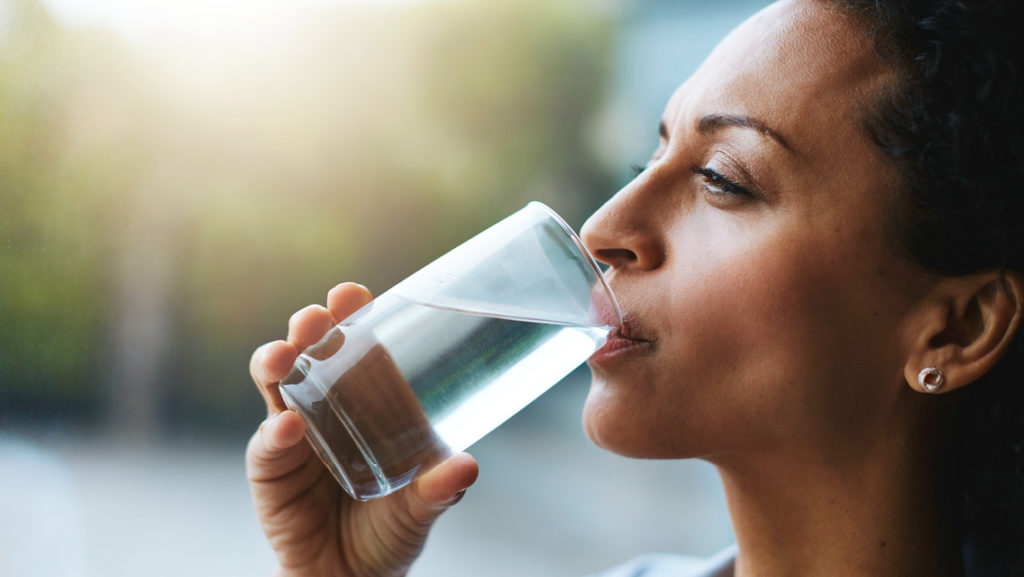The question of how much water one should drink each day has sparked considerable debate in the medical and wellness communities. While some advocate a strict intake of three liters daily, others suggest a broader range of two to four liters. But is there truly a universal answer?

To reach clarity, we must understand how the human body regulates hydration and the nuanced factors that influence water consumption.
The human body possesses an extraordinary system known as homeostasis. It monitors and adjusts key internal variables -like temperature, pH, and hydration levels – to maintain stability.
When your body needs water, it signals thirst. This sensation is more than just a craving; it’s your body’s built-in alarm system indicating a drop in fluid levels and a need for replenishment.
Drinking too much water can be dangerous. In extreme cases, overhydration dilutes essential electrolytes in the brain, potentially leading to water intoxication, confusion, seizures, or even death.
On the other end of the spectrum, insufficient water intake can impair kidney function, contribute to urinary tract infections, and lead to chronic dehydration, which also carries life-threatening risks. Therefore, hydration requires balance – not excess and not deficiency.
One reason rigid water-drinking rules fall short is that hydration doesn’t come solely from drinking water.
Foods, especially fruits, vegetables, and even cooked grains, contain varying amounts of water that contribute to your daily intake. So someone who consumes water-rich meals may need to drink less than someone whose diet is dry and low in moisture.
Lifestyle and environment further shape water needs. A person who engages in vigorous exercise or works outdoors in hot weather will naturally lose more fluid through sweat and require more water to replace it.
Conversely, someone sitting in an air-conditioned office with minimal physical exertion may need much less. This variability means that water needs are not static – they shift depending on your daily routine, activity level, and surroundings.
Your body is your most accurate hydration guide.
As long as you respond to thirst and avoid forcing excessive amounts of water when you’re already hydrated, you’ll likely maintain proper balance. Some days, you’ll drink more due to higher exertion or heat; other days, you’ll drink less. This is entirely normal.
In summary:
- Your body regulates hydration through thirst – listen to it.
- Too much or too little water can both be harmful.
- Diet, activity level, and climate affect how much water you need.
- There’s no universal daily water requirement.
- Hydration is dynamic; trust your body and adjust accordingly.
Rather than clinging to an arbitrary number, focus on awareness: drink when you’re thirsty, stop when you’re full, and stay attuned to what your body tells you. That’s the best recipe for healthy hydration.
